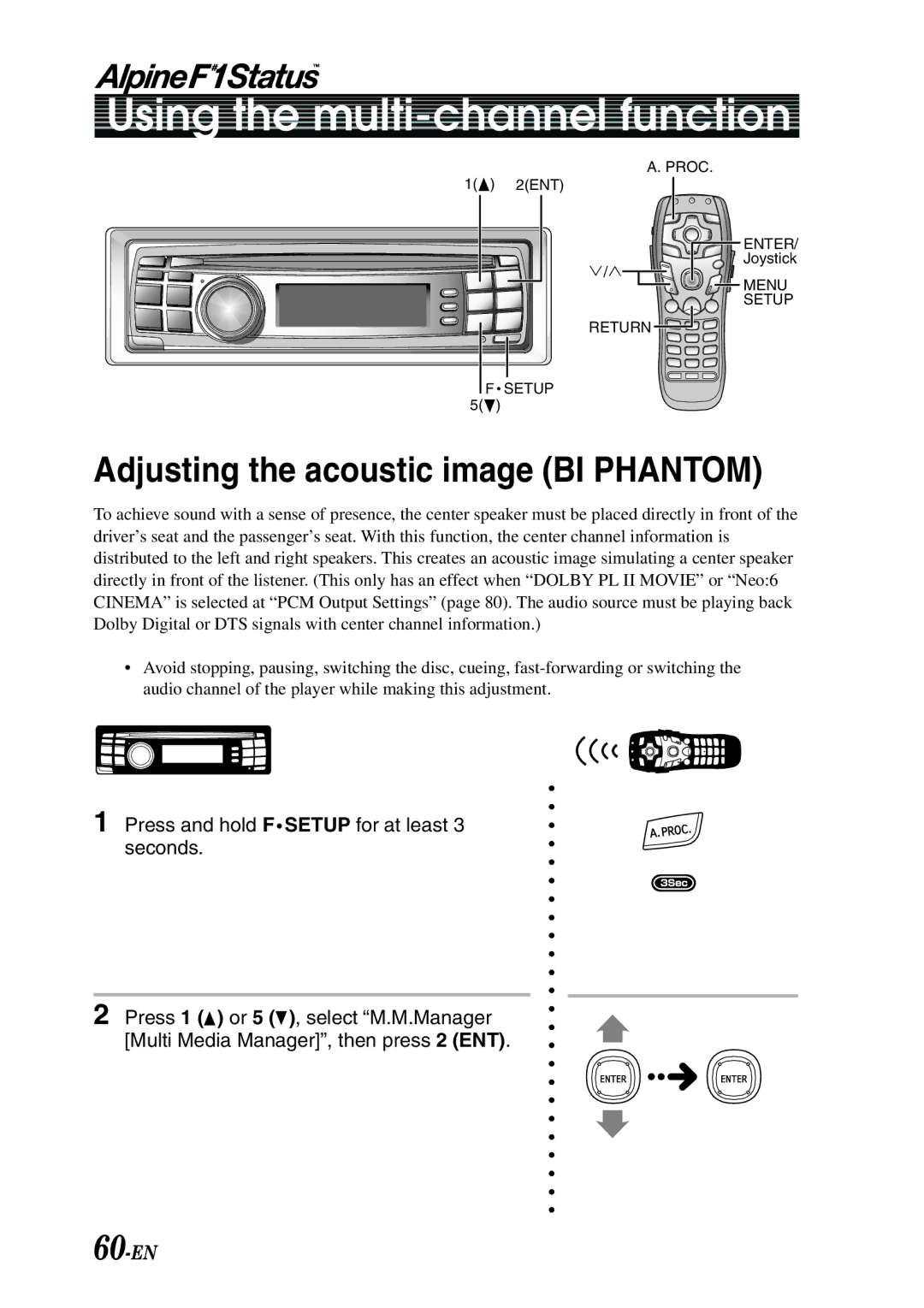PXI-H990 specifications
The Alpine PXI-H990 is a state-of-the-art embedded computing platform designed to meet the demanding requirements of modern testing and measurement applications. As part of the PXI (PCI eXtensions for Instrumentation) standard, the PXI-H990 incorporates modularity, high-performance, and scalability, making it an ideal solution for engineers and researchers in various industries including telecommunications, aerospace, and automotive.One of the standout features of the Alpine PXI-H990 is its powerful processing capabilities. It utilizes a multi-core processor architecture that ensures efficient data handling and processing, crucial for real-time applications. The device supports high-speed data acquisition, helping engineers achieve accurate measurements and reduce testing time.
The PXI-H990 comes equipped with flexible I/O options that allow users to customize the platform according to specific application needs. Its slots support a wide range of modules, including those for signal generation, analysis, and data logging. This versatility ensures that systems can be tailored for diverse tasks without the need for extensive hardware changes.
The architecture of the PXI-H990 allows for high-speed communications between modules, enabled by the PXI backplane. This interconnectivity facilitates synchronized operation, enhancing timing accuracy, which is especially important in applications such as radar and communication systems testing. Furthermore, the device’s built-in synchronization capabilities allow for precise control over multiple instruments and measurements.
On the connectivity front, the PXI-H990 supports various interfaces, including USB, Ethernet, and Serial. This ensures seamless integration with other equipment and facilitates easy data transfer. The device also comes with advanced software support, enabling users to leverage powerful programming environments for automation, scripting, and analysis.
Additionally, the Alpine PXI-H990 is designed with durability and reliability in mind. It features rugged construction, ensuring it can withstand challenging operational environments. This reliability is further enhanced by built-in cooling systems that maintain optimal operating temperatures, even during intensive data processing tasks.
In conclusion, the Alpine PXI-H990 stands out for its combination of high performance, modularity, and flexibility. Its advanced processing capabilities, extensive I/O options, and robust architecture make it a leading choice for engineers and organizations looking for reliable embedded solutions in testing and measurement applications.

